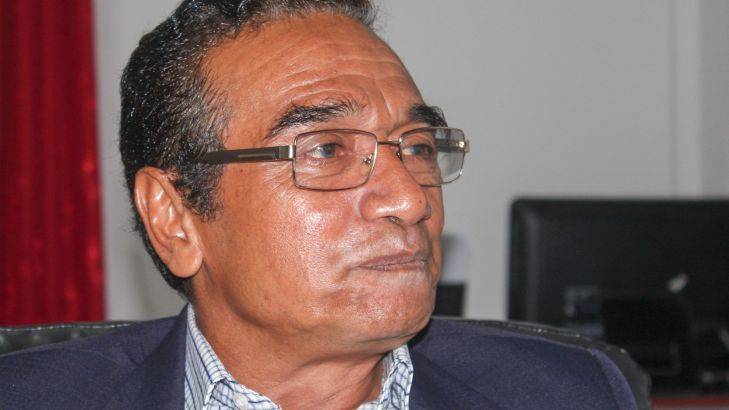The Democratic Republic of Timor-Leste on Wednesday, August 16, 2017 deposited its instruments of ratification of the Paris Agreement on Climate Change.

The Southeast Asian nation thus becomes the160th country to endorse the global treaty, after Sudan and Zimbabwe on Wednesday, August 2 and Monday, August 7, 2017 respectively deposited their instruments of ratification of the Paris accord.
Occupying half the island of Timor, Timor-Leste is also known as East Timor.
According to the United Nations Framework Convention on Climate Change (UNFCCC), East Timor’s ratification of the pact will enter into force in a month’s time on Friday, September 15, 2017.
Previously, Haiti, the Netherlands, Venezuela and Serbia ratified the pact respectively on on Monday, July 31; Friday, July 28; Friday, July 21; and Tuesday, July 25, 2017.
Before then, the Republic of Malawi on Thursday, June 29, 2017 likewise endorsed the agreement, ahead of Egypt and Togo, which ratified the climate accord respectively on Thursday, June 29 and Wednesday, June 28 2017.
The Paris Agreement builds upon the Convention (UNFCCC) and – for the first time – brings all nations into a common cause to undertake ambitious efforts to combat climate change and adapt to its effects, with enhanced support to assist developing countries to do so. As such, it charts a new course in the global climate effort.
The Paris Agreement’s central aim is to strengthen the global response to the threat of climate change by keeping a global temperature rise this century well below 2 degrees Celsius above pre-industrial levels and to pursue efforts to limit the temperature increase even further to 1.5 degrees Celsius.
Additionally, the agreement aims to strengthen the ability of countries to deal with the impacts of climate change. To reach these ambitious goals, appropriate financial flows, a new technology framework and an enhanced capacity building framework will be put in place, thus supporting action by developing countries and the most vulnerable countries, in line with their own national objectives. The Agreement also provides for enhanced transparency of action and support through a more robust transparency framework.
